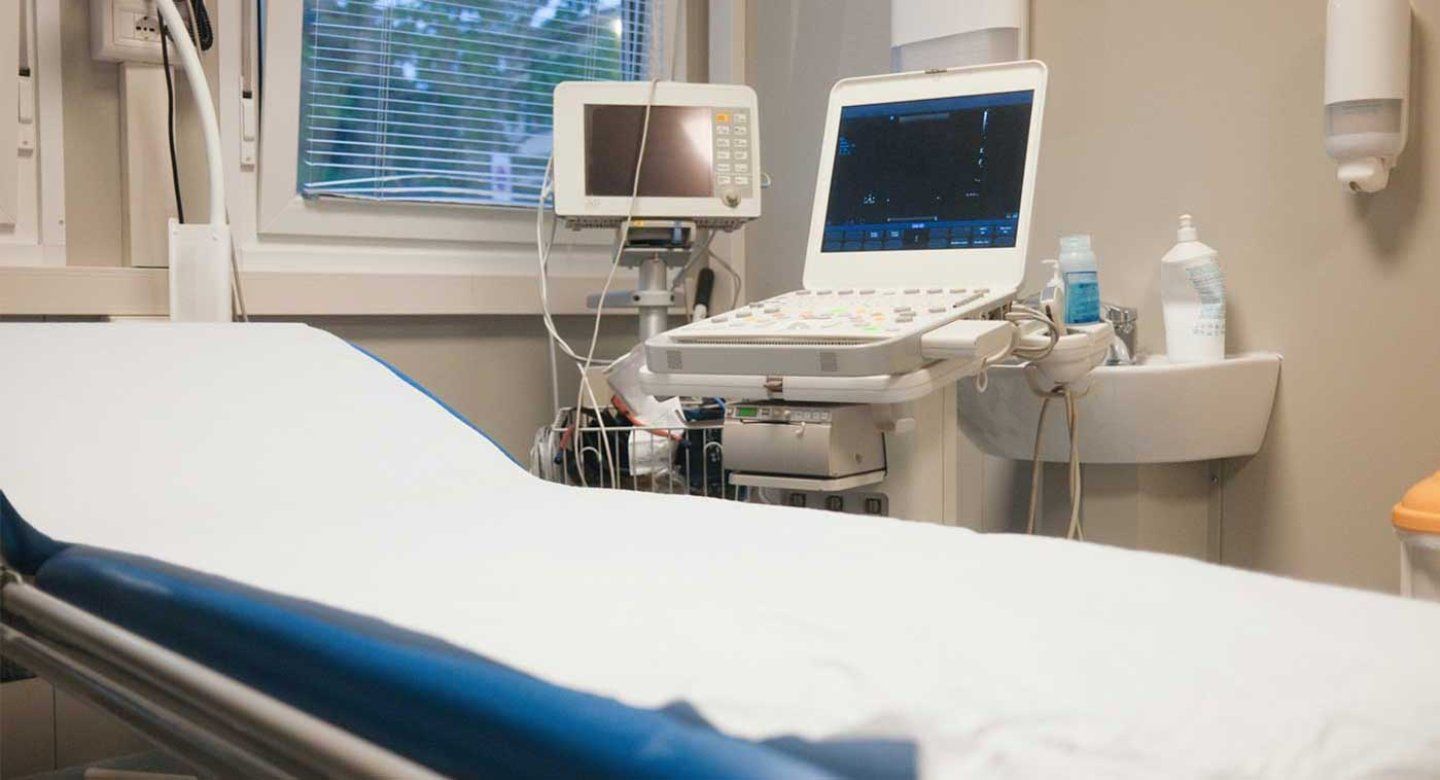New Study Shows Medication Abortion Without Ultrasound To Be Safe
Researchers compared patients who received care remotely to those who got ultrasounds and found no differences in outcomes.
Medication abortion patients who receive pills by mail without first getting an ultrasound do just as well as those who are examined and given the drugs in person, new research from UC San Francisco has found.
The study, which appears June 24 in JAMA, adds to evidence from UCSF’s Advancing New Standards in Reproductive Health (ANSIRH) program that using telehealth for medication abortion is safe and effective.
Although the Supreme Court recently upheld the Food and Drug Administration (FDA) guidelines that permit remote prescribing and delivery of medication abortion, it was a narrow ruling based on the plaintiffs not having the standing to sue.
These guidelines have enabled the provision of medication abortion via telehealth, which has improved access to care in recent years. More legal challenges to medication abortion are expected in the wake of the narrow ruling.
After the high court ended the constitutional right to abortion in 2022, a growing number of states enacted restrictions; and medication abortion now accounts for about two-thirds of all abortions in the U.S. health care system.
“This study adds to a growing and robust body of evidence demonstrating the effectiveness and safety of medication abortion with telehealth and mailing medications,” said Lauren J. Ralph, PhD, MPH, an associate professor of obstetrics, gynecology and reproductive sciences at UCSF and first author of the study.
“Patient history-based models of medication abortion care without ultrasound and via telehealth offer a safe, effective and urgently needed way to overcome logistical and geographic obstacles to accessing abortion today,” she said.
Testing the “no test” method
The researchers analyzed the experiences of 585 patients at clinics in Colorado, Illinois, Maryland, Minnesota, Virginia and Washington from May 2021 to March 2023, dividing them into three groups.
The first were evaluated for eligibility for medication abortion using telehealth. They underwent a patient history-based screening without ultrasound, also known as the “no-test” method, and received their medication by mail (288 patients). The second were assessed using the “no-test” method and received their medication in person (119 patients). And the third underwent an ultrasound and got their medication in person (238 patients).
All participants took the two-drug regimen of mifepristone, which blocks progesterone, a hormone that is needed to continue pregnancy, and misoprostol, which is used one to two days later to bring on contractions. The safety of mifepristone, the only drug approved by the(FDA specifically for medication abortion, has been at the center of the Supreme Court case.
The researchers found that 95% of the participants had a complete abortion without having to repeat the regimen, and the telehealth patients did as well as those who received in-person care. Serious adverse events were rare regardless of the group.
Medication abortion is approved for use in people up to 10 weeks (70 days) of pregnancy. And Ralph said patients can report enough information about their history to assess how far along they are in pregnancy without an ultrasound.
“These models of care that rely on no-test telehealth screening and mailing medications are as effective as in-person care with ultrasound and should be offered to all pregnant people,” she said.
Research confirms that restrictions were not necessary
The recent Supreme Court case sought to roll back guidelines that have made the medication more widely available, including the FDA’s removal in 2021 of a requirement that mifepristone be dispensed in person at a clinic or doctor’s office.
In February, UCSF researchers showed that medication abortion can be delivered safely and effectively through telehealth. And in May, they published a study that found dispensing the pills through the mail works as well as requiring patients to pick them up in person.
“The science is clear that telehealth evaluation and pharmacy dispensing of abortion pills is safe and effective,” said ANSIRH’s director, Daniel Grossman, MD, a UCSF professor of obstetrics, gynecology and reproductive sciences and senior author of the latest study. “Any attempt to restrict it is not based on science.”
Authors: Additional UCSF authors include C. Finley Baba, MPH, and M. Antonia Biggs, PhD.
Funding: The study was supported by grants from the DeMartini Foundation and The Susan Thompson Buffett Foundation.
About ANSIRH: Advancing New Standards in Reproductive Health (ANSIRH), based at the University of California, San Francisco, conducts rigorous scientific research on complex issues related to reproductive health in the United States and internationally. ANSIRH provides much-needed evidence for active policy debates and legal battles around reproductive health issues. To learn more, please visit www.ansirh.org.
